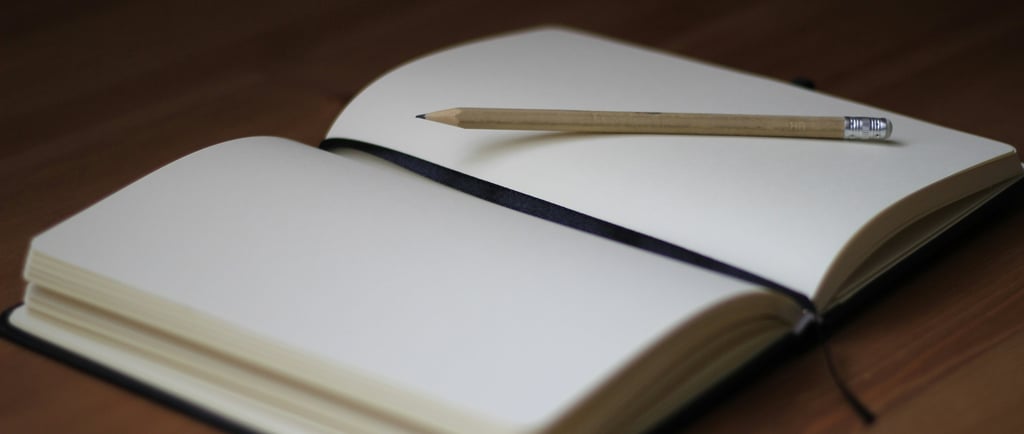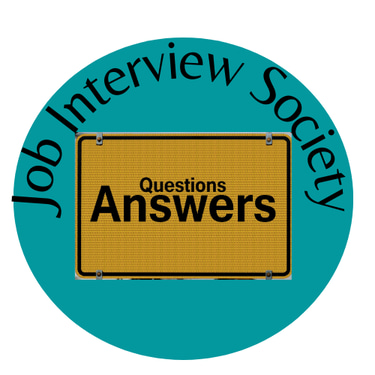Goal Setting for Effective Job Interviews
Discover a detailed guide on how to create and set achievable goals and milestones that will enhance your job interview preparation by goal setting. Master the art of effective job interviews and increase your chances of success in the hiring process.
INTERVIEW PREPARATION GUIDE
10/12/20242 min read


Establishing objectives and benchmarks for job interviews can greatly influence your career path, instead of depending on chance, it is recommended to be deliberate about your objectives and evaluate your progress. Having clear objectives is crucial for job seekers to stay concentrated and enhance self-assurance in interviews. Start by determining your goals for the interview. This may entail enhancing your elevator pitch, confidently addressing challenging questions, or effectively conveying your core skills. Instead of stating vague goals like "I want to do well," it is better to be more specific, such as "I aim to confidently communicate my professional accomplishments in a concise two-minute presentation." Having a clear goal in mind simplifies the process of strategizing and assessing achievements.
Then, divide your objectives into smaller milestones. Consider these accomplishments as important stages to achieve your primary goals. For example, if your goal is to proficiently respond to behavioral inquiries, a crucial stage might involve creating and practicing comprehensive STAR (Situation, Task, Action, Result) stories. Another achievement might be getting accustomed to video interviews by participating in practice sessions using tools like Zoom or Teams. The aim is to reduce the feeling of being overwhelmed during preparation by focusing on one task.
Preparation goes beyond just answering questions; it also involves familiarizing yourself with the company and role. Establish a goal to carry out extensive research before each interview. To effectively craft a robust reply, it is crucial to have a deep comprehension of the organization's mission, values, culture, and the specifics of the job role.
Utilizing a checklist or timeline can be beneficial in monitoring your advancement. Specify your objectives and the significant checkpoints that will aid in reaching them. Mark off each achievement as you reach it. This visual progress tracker helps keep things organized and gives confidence as important events approach by showing accomplishment. Utilize tools like Notion to create a milestone tracker and interview tracker for easy follow-up after interviews.
Milestones assist in identifying areas in need of enhancement. Imagine if you struggle with self-assurance or face difficulties when dealing with tough inquiries. Establish specific goals like rehearsing with a buddy, making recordings, or getting critiques from practice interviews. By confronting these vulnerabilities head-on, you can turn doubts into advantages. It is recommended to set a follow-up goal. It is advisable to follow up with a thank-you email within 24 hours of the interview. This not only shows good etiquette; it's an opportunity to confirm your interest and make a lasting impact. Checking in is a minor action, yet an important marker in your interview plan.
In essence, establishing interview objectives and markers is about being proactive and ready. It helps with focus, monitors your progress, and allows you to approach your interview with assurance and preparedness. Divide your large objectives into smaller tasks, monitor your advancement, and don't forget to acknowledge the little victories. Hope you achieve success in your pursuits!
